Jan 2, 2025
The Libet Experiment: A Deep Dive into Free Will
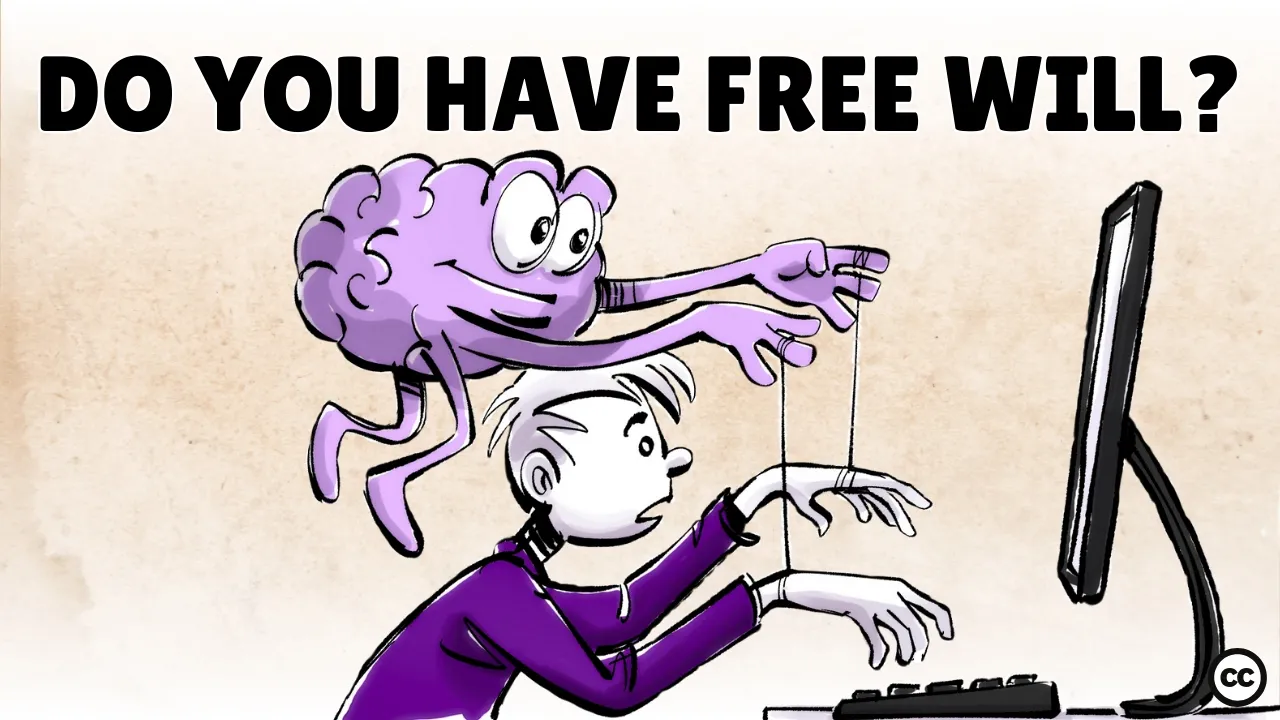
Introduction
In the 1980s, a groundbreaking study by neuroscientist Benjamin Libet challenged our understanding of free will. His research aimed to uncover whether our minds prepare for action before we are consciously aware of it. This exploration opened a floodgate of questions regarding the nature of decision-making and personal responsibility. Let's delve into the details of Libet's experiment and its implications.
The Libet Experiment
Libet's experiment was elegantly simple yet deeply revealing. Participants were instructed to flex their wrists whenever they felt the urge to do so. While they performed this task, Libet monitored their brain activity using EEG electrodes placed on their scalps. What he found was astounding: the brain showed activity before the participants consciously decided to move their hands.
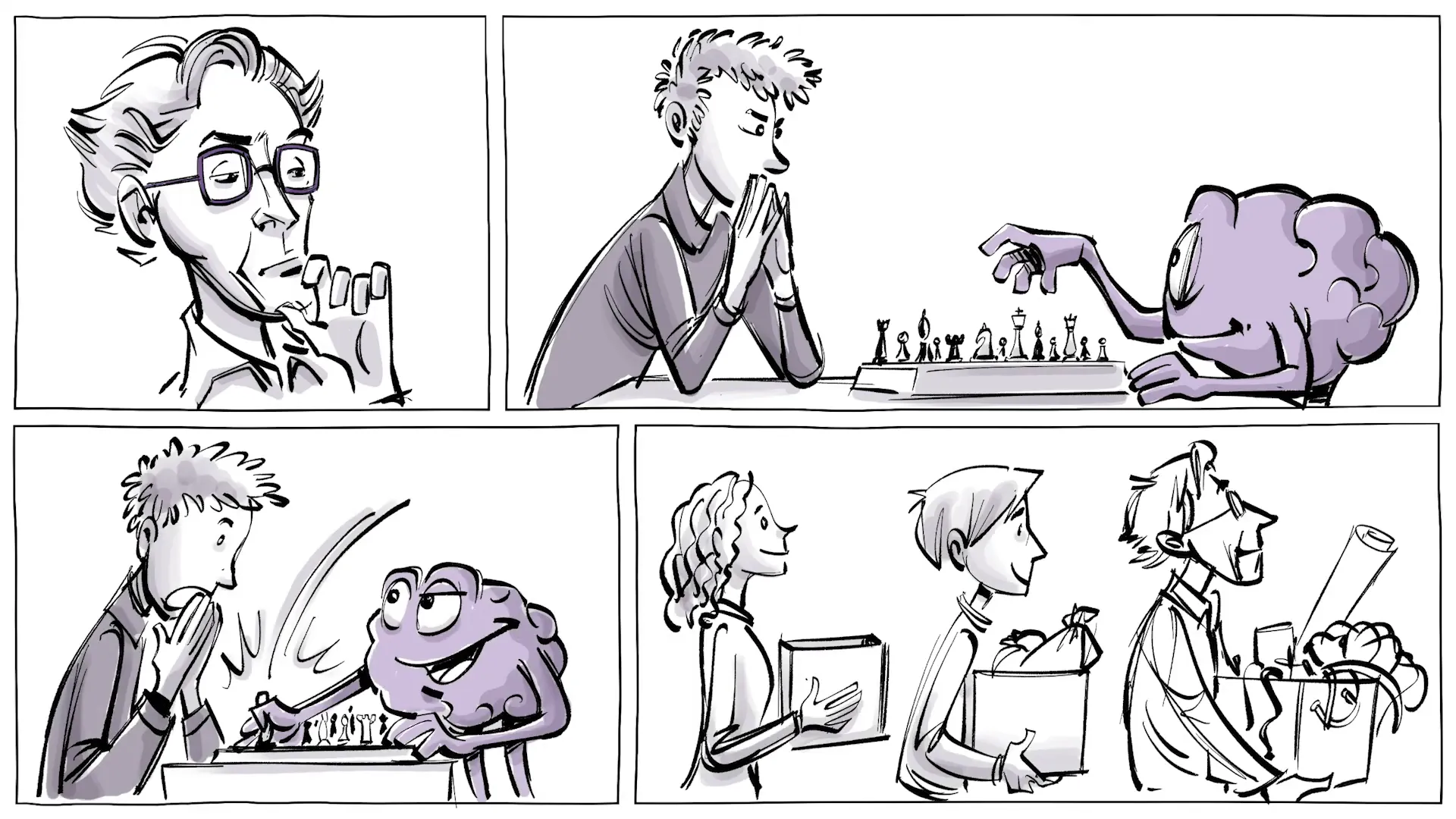
When analyzing the data, Libet plotted a graph measuring time against brain activity, known as the readiness potential. The results indicated that the movement began at time 0, while participants reported being aware of their decision 150 milliseconds earlier. However, the brain had already initiated the process a full 500 milliseconds before the actual movement occurred.
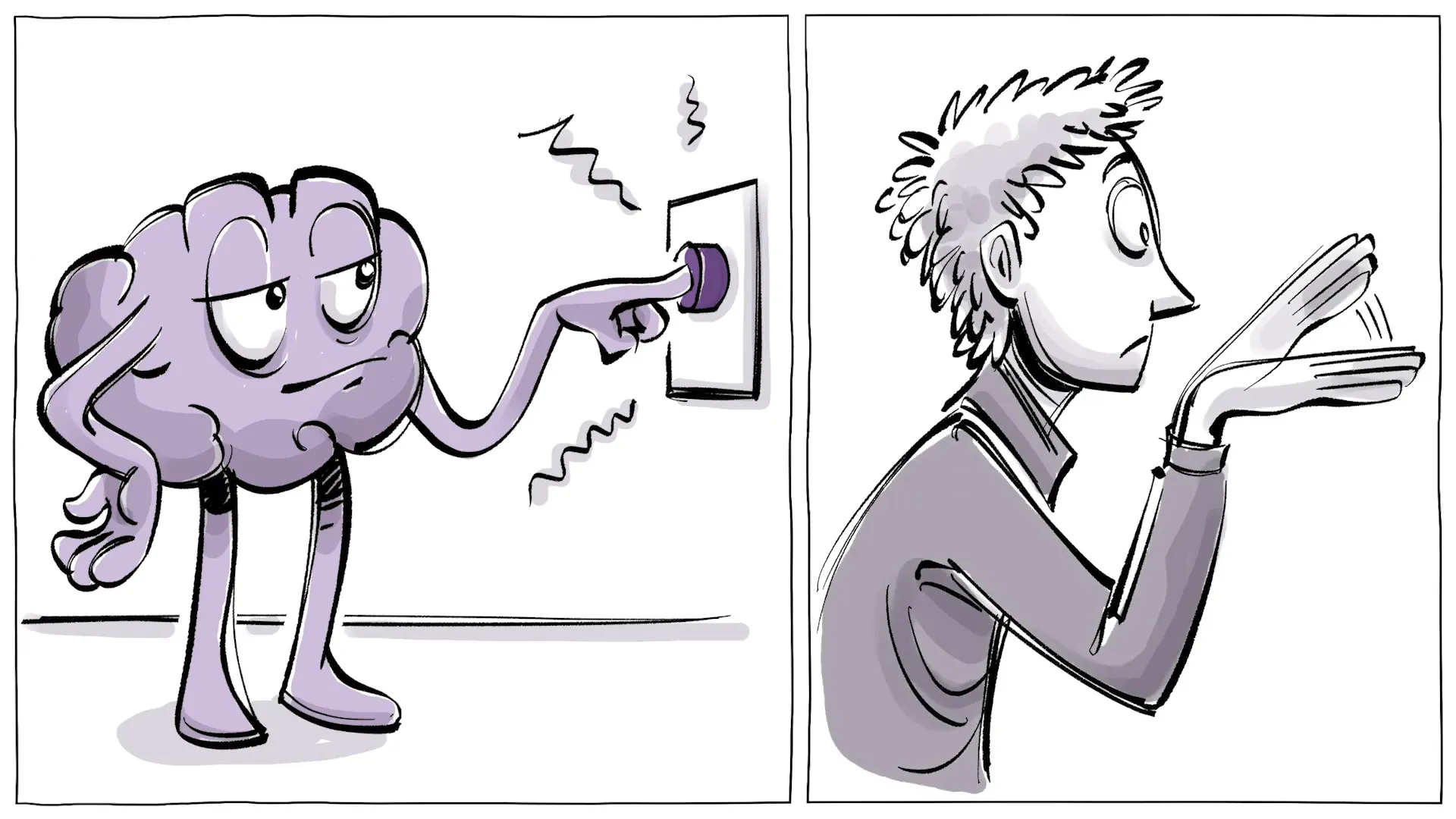
This finding sparked intense discussion among psychologists and philosophers worldwide. If our brains initiate decisions before we consciously recognize them, how free are our choices? This question set the stage for ongoing debates about free will and determinism.
Predecision Brain Activity
The implications of Libet's findings extend far beyond the experiment itself. The idea that our brains may be making decisions before we are aware raises significant questions about the nature of consciousness and control. The readiness potential suggests that our unconscious mind is active and engaged in decision-making processes long before we consciously acknowledge it.
Critics argue that this could mean our sense of agency—our feeling of control over our decisions—is merely an illusion. If the brain is already preparing for action, does that undermine the notion of free will?
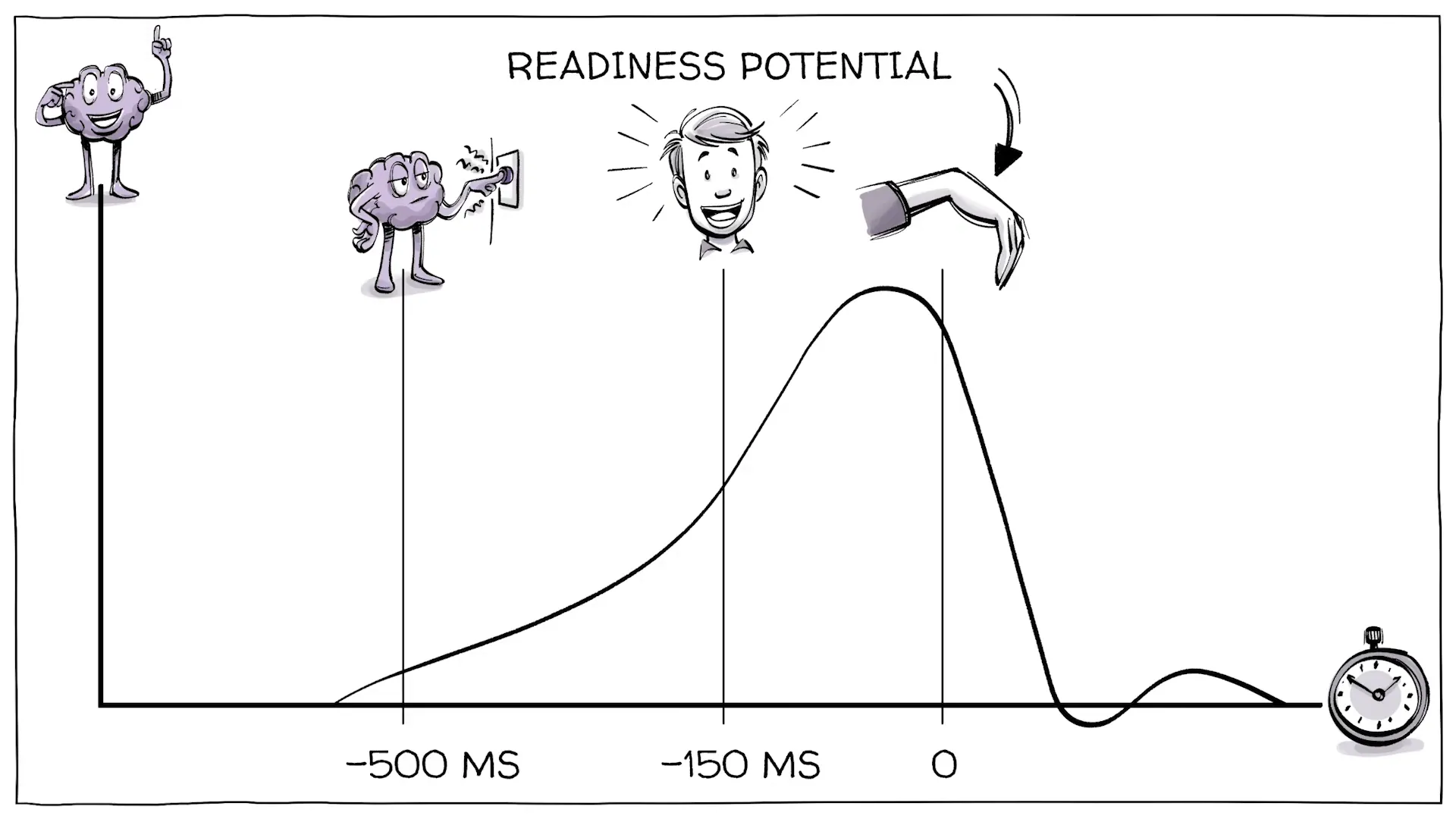
However, it's essential to recognize the complexities involved. The readiness potential does not imply that we are mere puppets of our brain. It suggests that there is a layer of unconscious processing occurring prior to conscious thought. The conscious mind may still play a role in decision-making, albeit in a different manner than traditionally understood.
Free Will Implications
The ramifications of Libet's experiment are profound, particularly in the context of moral responsibility. If our decisions are influenced by unconscious processes, how do we hold individuals accountable for their actions? This question has significant implications for our legal systems, ethics, and personal accountability.
Libet himself did not conclude that his findings definitively proved a lack of free will. He suggested that while the brain might initiate actions, the conscious mind retains the right to veto any action at the last moment. This introduces the concept of a "free won't," where individuals can consciously decide to stop themselves from acting.
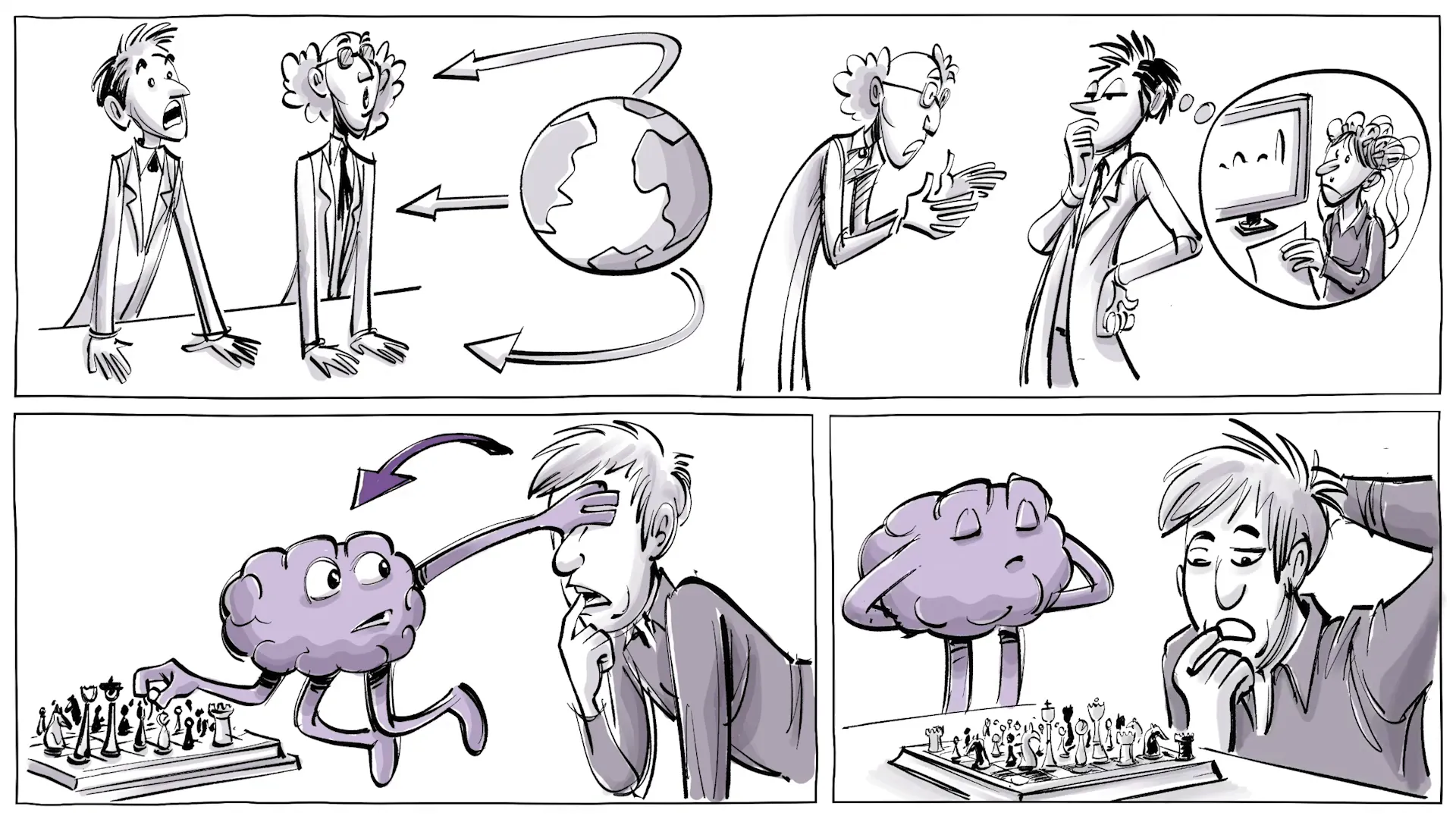
This stance opens up a nuanced understanding of free will, where the unconscious mind plays a significant role, but conscious awareness still maintains a degree of control. It suggests that even if our decisions are influenced by preconscious processes, we are not entirely devoid of agency.
Replication Attempts
Since Libet's original study, numerous attempts have been made to replicate his findings. Some studies have supported his conclusions, while others have produced mixed results. This inconsistency highlights the complexity of human decision-making and the challenges inherent in studying such a multifaceted phenomenon.
Some researchers have argued that the methodologies used in Libet's experiment could introduce biases or inaccuracies in measuring the timing of conscious awareness. For instance, participants might struggle to accurately report the moment they become aware of their decision, leading to discrepancies in the data.
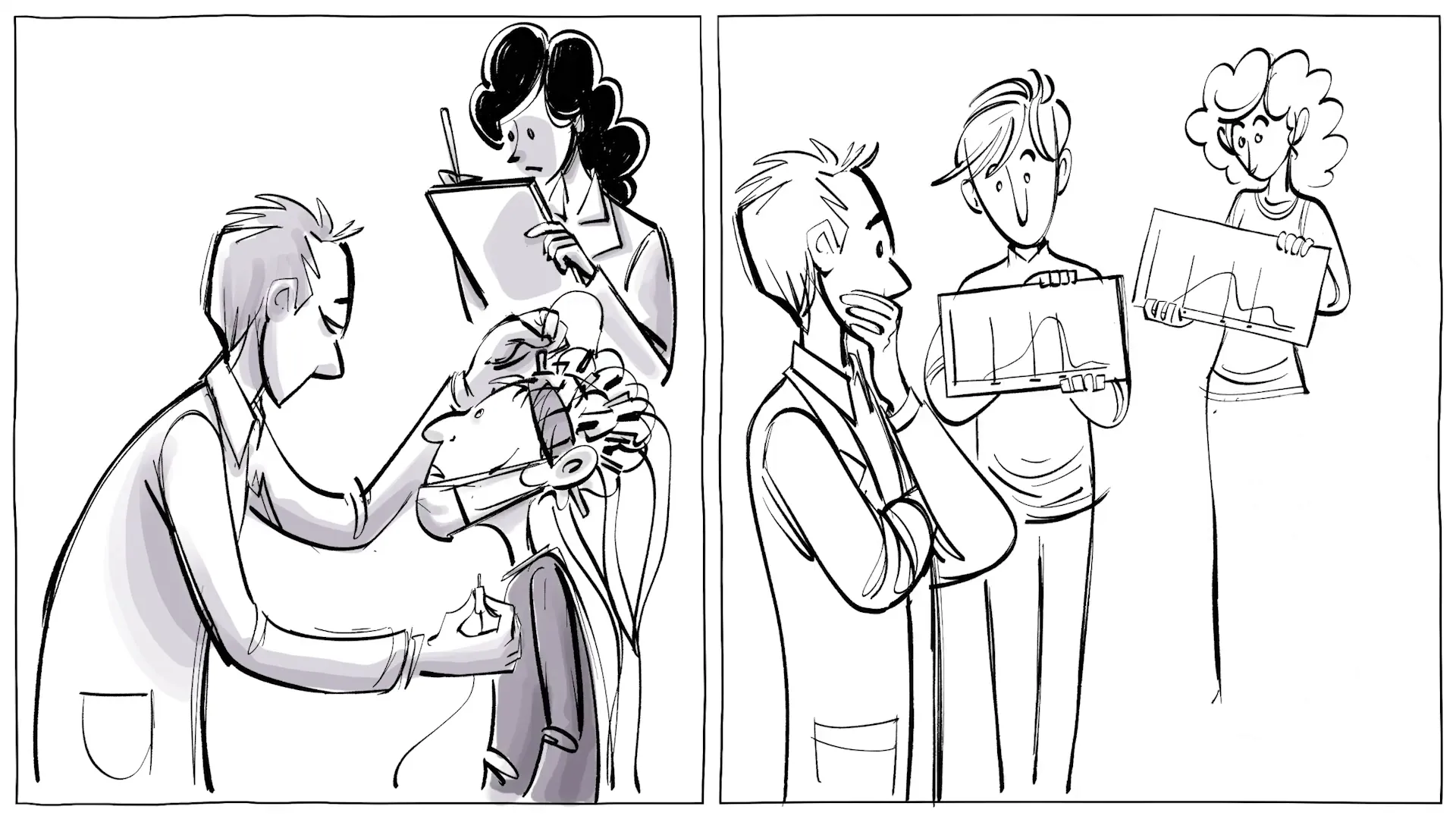
Moreover, the debate continues regarding whether the readiness potential truly reflects a decision-making process or merely indicates a state of readiness to act. Some studies have suggested that the readiness potential might not be directly related to the conscious decision to move, further complicating the interpretation of Libet's findings.
Libet’s Interpretation
Despite the controversies surrounding his findings, Libet maintained a unique perspective on the implications of his research. He argued that while the brain may initiate actions before conscious awareness, this does not negate the existence of free will. In fact, he believed that the conscious mind's ability to veto decisions indicates a form of control over our actions.
Libet's interpretation emphasizes that free will is not an all-or-nothing concept. Instead, it exists on a spectrum where both unconscious processes and conscious awareness interplay in the decision-making process. This nuanced approach allows for the possibility of free will in a deterministic framework.
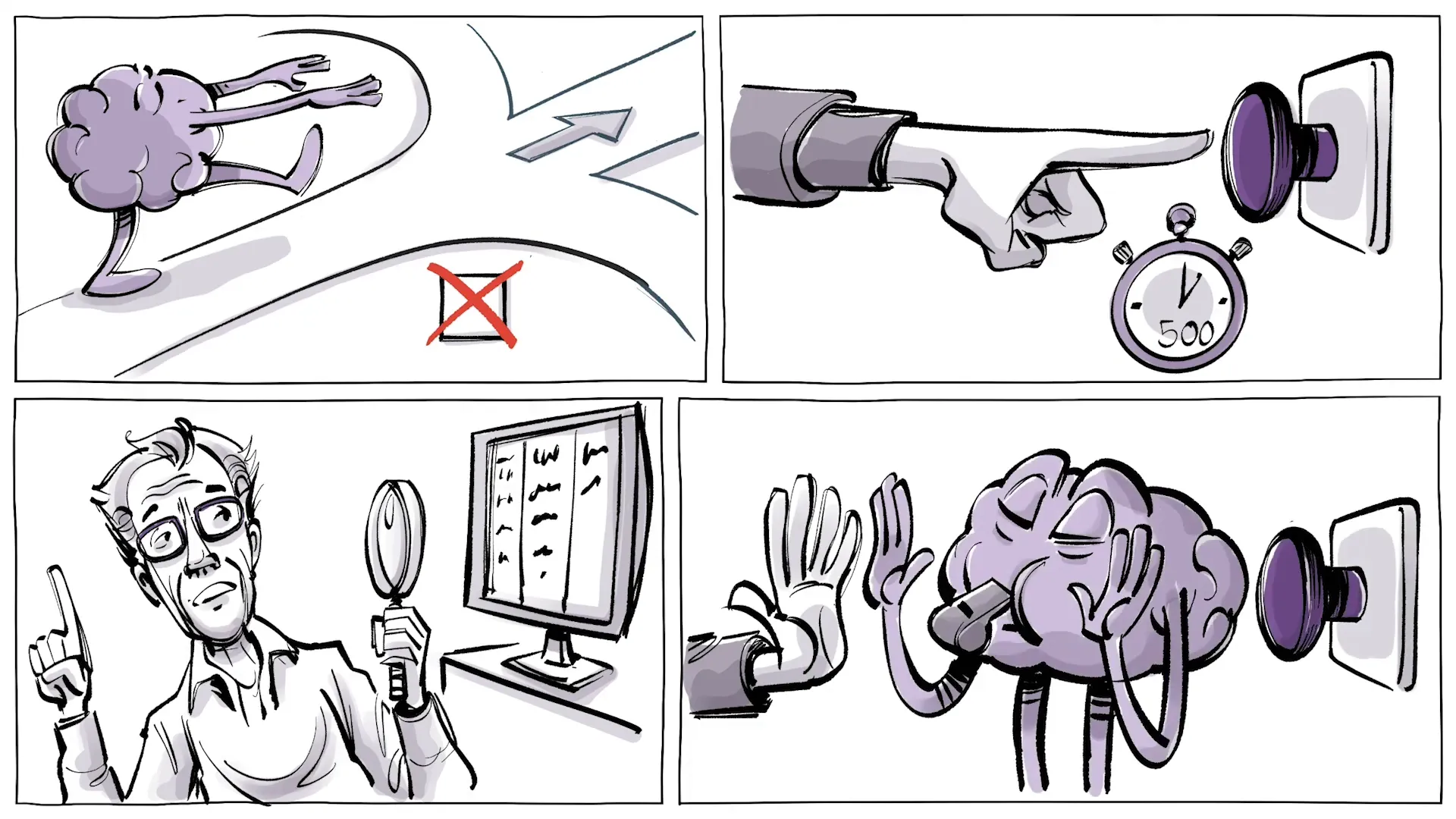
For Libet, the conscious mind is not a passive observer but an active participant in shaping our actions. This perspective invites further exploration into the complexities of consciousness and the mechanisms underlying our decision-making processes.
What Do You Think?
As we reflect on the implications of Libet's experiment, several questions arise. If our brains initiate the decision-making process before we are consciously aware, to what extent are we truly in control of our actions? How does this influence our understanding of personal responsibility?
The debate surrounding free will is far from settled. As science continues to unveil the intricacies of the brain and consciousness, our perspectives on free will may evolve. Engaging with these questions encourages us to reconsider our assumptions about agency, accountability, and the nature of human experience.
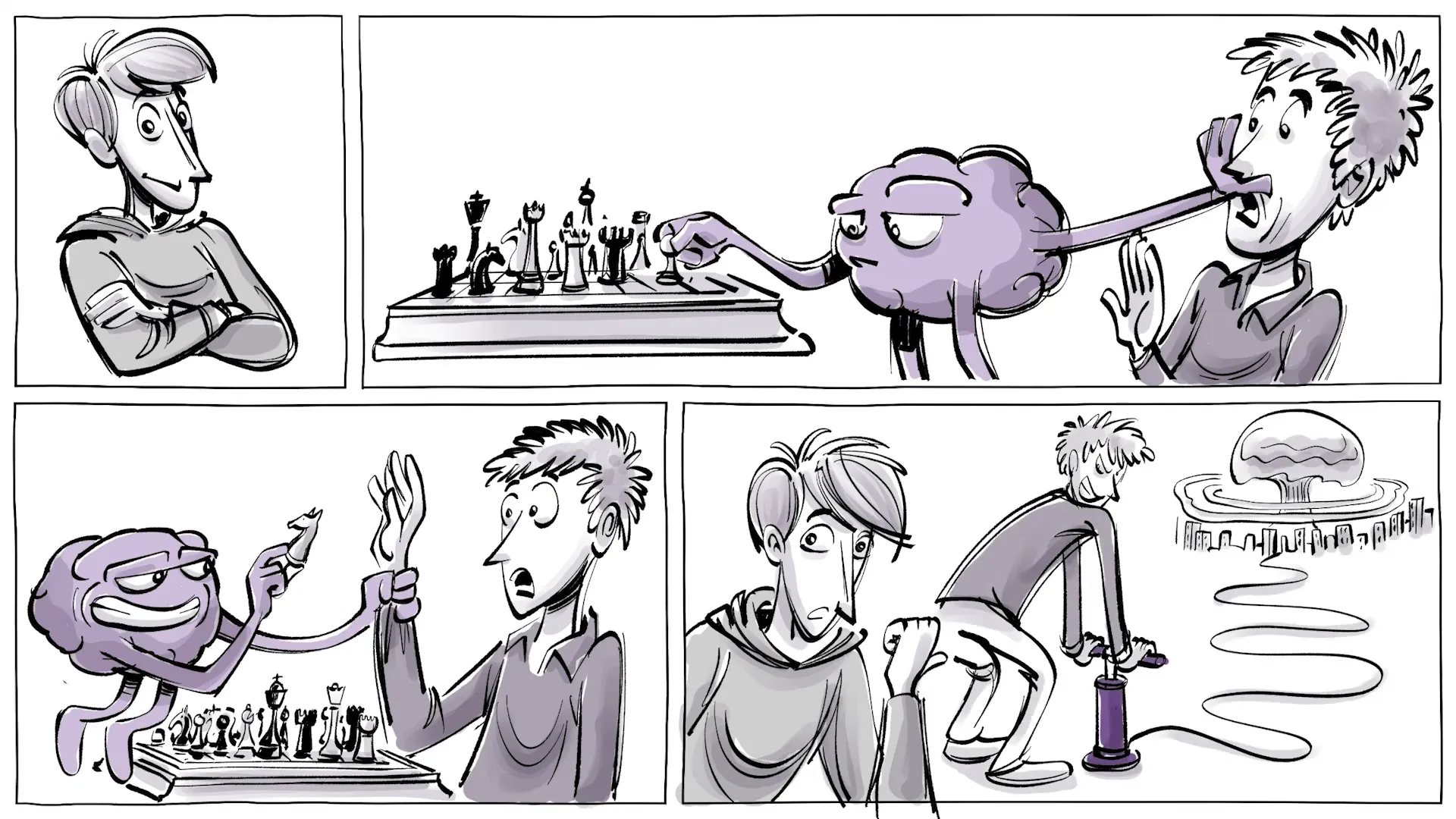
This article was created from the video Libet Experiment [Neuroscience and Free Will] with the help of AI. It was reviewed and edited by a human.